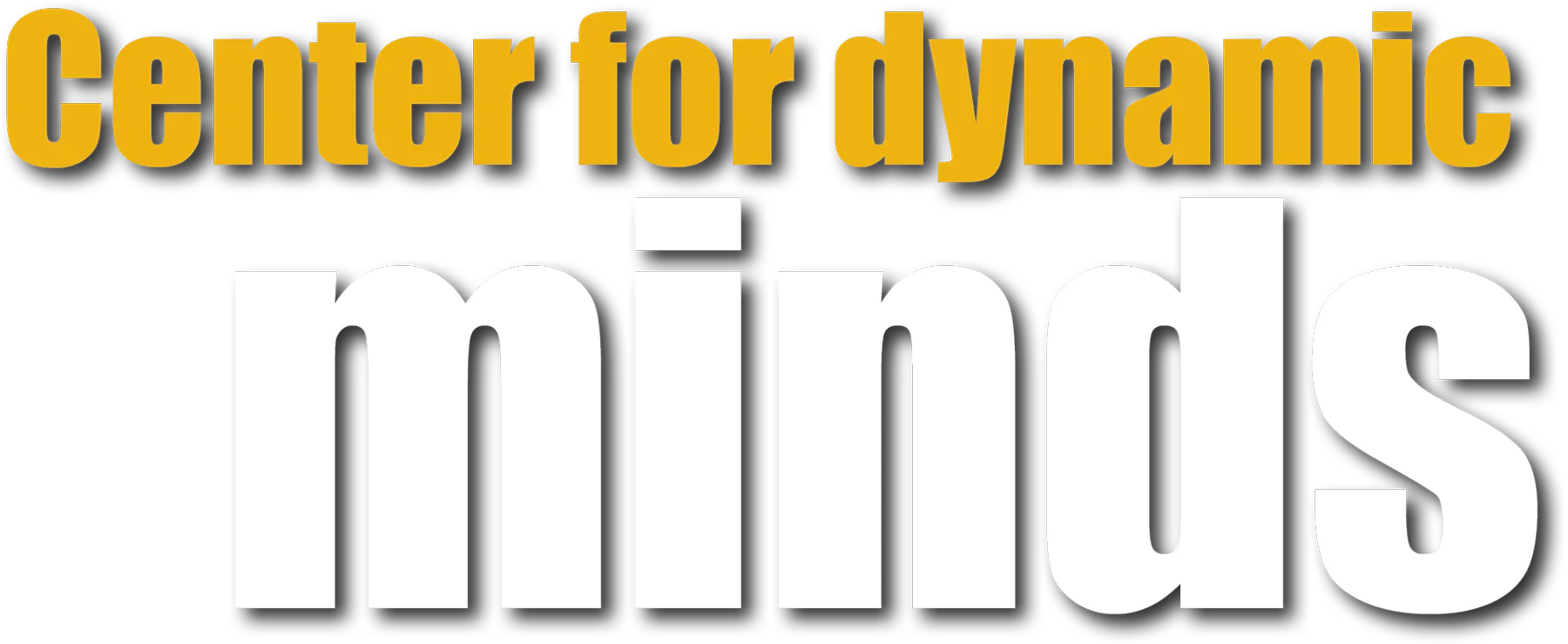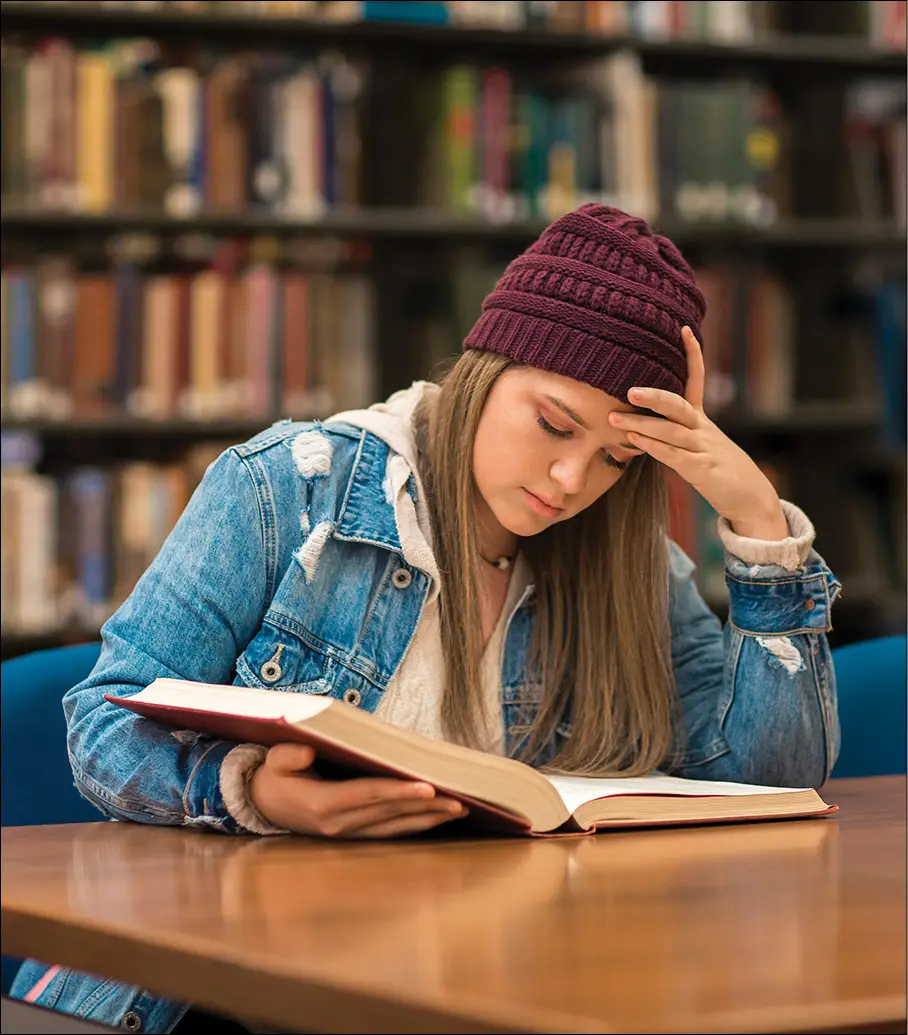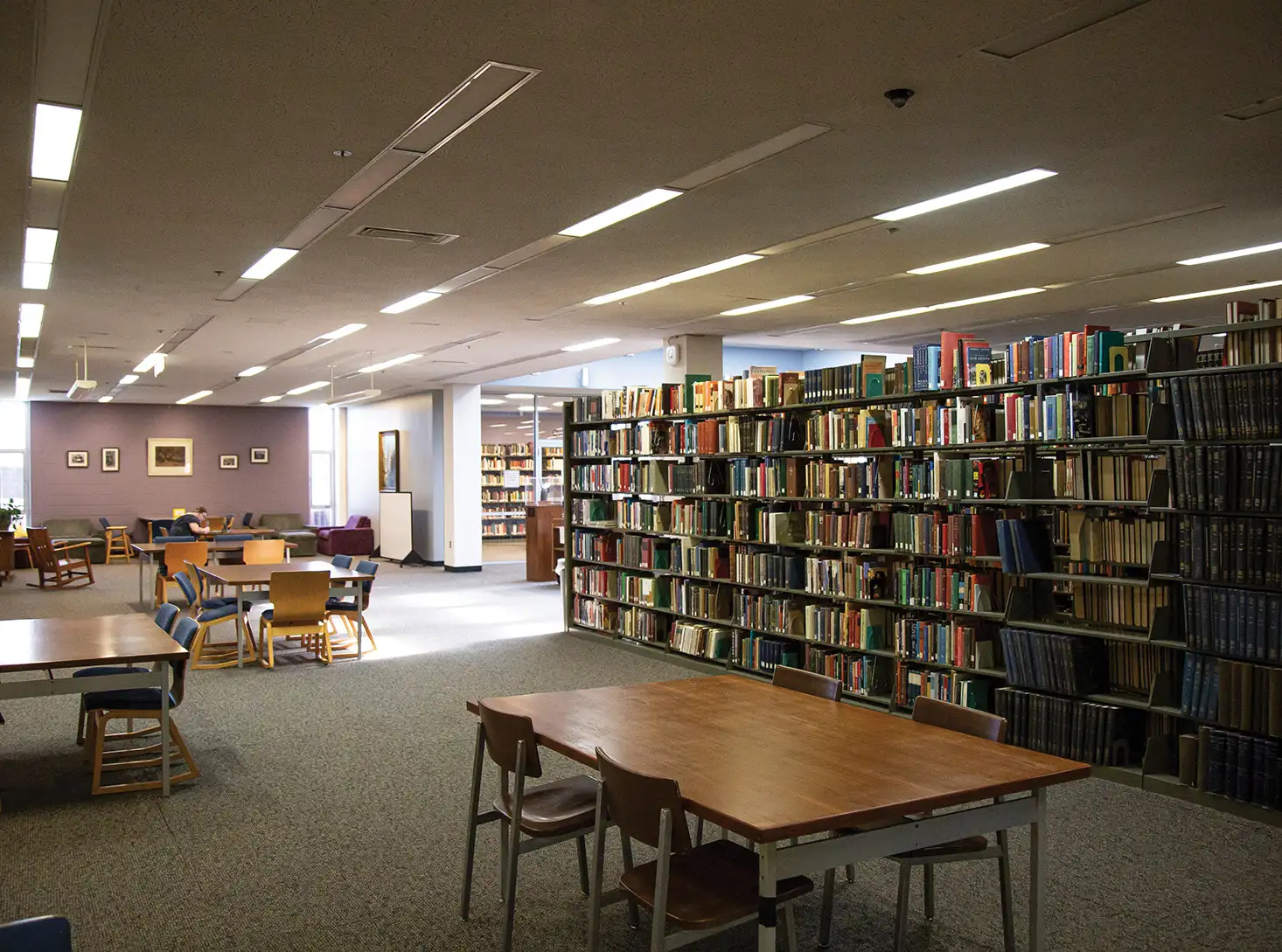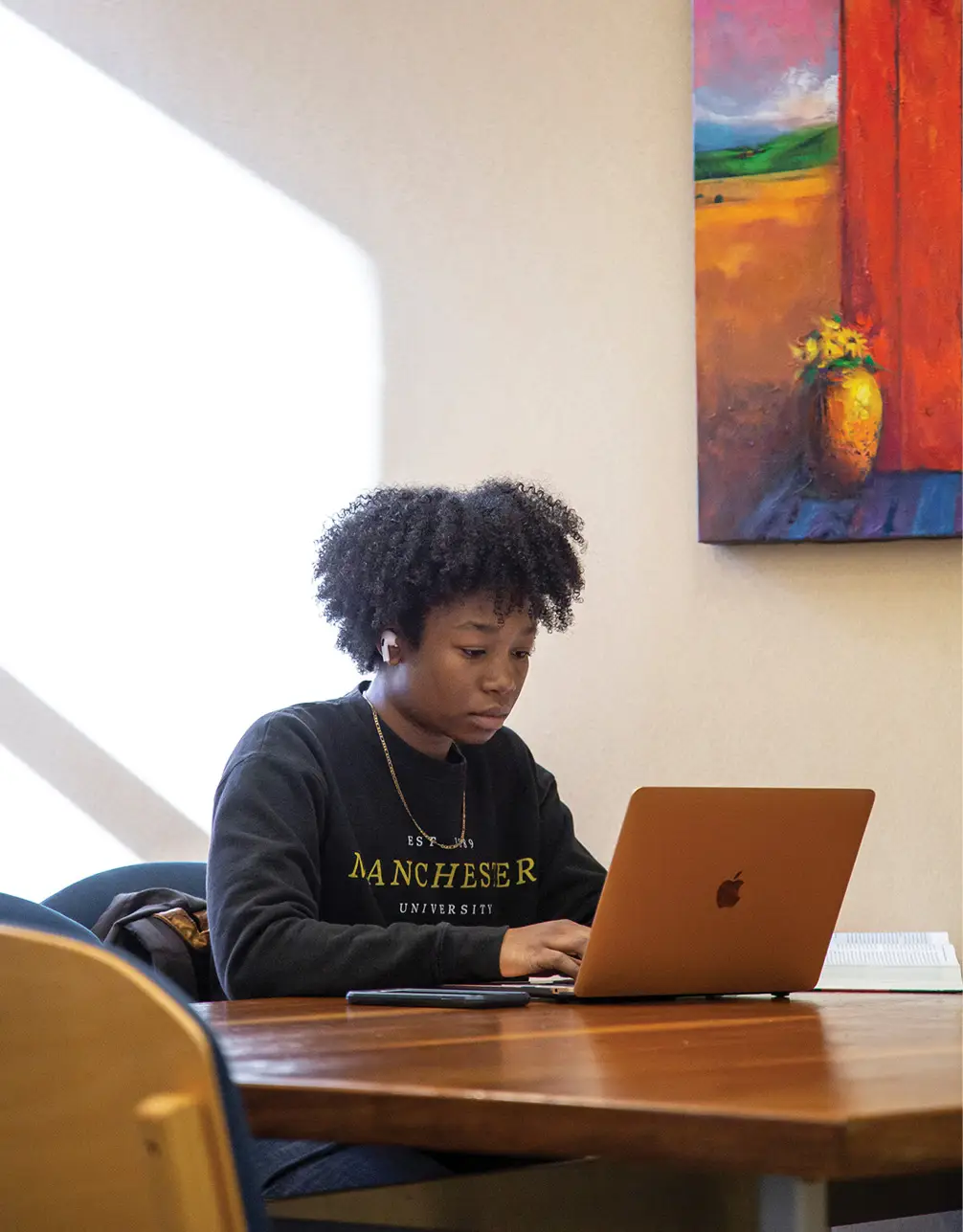
underburg Library, which has been serving students since 1966, is nestled in the heart of the North Manchester campus.
“College libraries like Funderburg are special because they provide a middle place, somewhere between the formality of the classroom and the casualness of the residence hall, where students can focus on their work while surrounded by like-minded peers,” said Darla Haines, library director.
Her thoughts are echoed by Alexandra Blackwood, a senior who has been a student worker at Funderburg for the past two years.
“Funderburg has been the consistent place I can go to in the ever-changing sea that college is,” she said. “Not only has Funderburg helped me find resources I need through its online database, but I have found a group of people I can fall back on if I need help or guidance with almost anything.”
As in most college libraries these days, the once-endless book stacks are receding to make way for more flexible spaces and added services that better meet the needs of today’s students. The Walker Active Learning Classroom on the library’s top floor, for example, features interactive whiteboards, high-tech aids and easily moveable chairs and tables, allowing the space to quickly accommodate a variety of needs. It is named for Helen and Wilmer ’39 Walker.
The library also purchased electronic access to some textbooks for students during the COVID-19 pandemic, a service Haines hopes to expand. Students can also borrow laptops, something that came in handy during COVID.
Blackwood looks forward to “seeing what will be improved and changed now that we know how to handle a pandemic.”
The library these days has 3D printing and virtual reality equipment, and it has started to use these technologies to further improve students’ learning. Their use is limited because there is no dedicated space for doing so.
There are similar issues with the Manchester University Archives and Peace Studies Church of the Brethren Collection. Generous alumni and friends of Manchester have donated collections over the years that have outgrown the original rooms. Storage of fragile items requires a climate-controlled space, which is not now available. There are also few display areas, so exhibits are few and far between.
Funderburg has long been a space where students study alone or in groups. These days, it also offers the CRU5H at Wilbur’s where friends meet for a burger, Lounge 12 for a grab-and-go meal or snack, and the Bigler Terrace, a popular gathering place on the University Mall.
If you look closely at that terrace, though, you will see bricks flaking off the built-in planter and handicap accessible ramp.
“I would like the library to be a more welcoming, comfortable, inspiring space where students can engage with the materials, with us and with each other to increase their knowledge and develop their skills,” Haines said.
Manchester is poised to transform Funderburg into a flexible, technology-rich commons that will bring students, faculty and staff together in a dynamic learning community that encourages students to take risks, explore, experiment, create and collaborate.
“Funderburg Library staff have worked hard over the years to transition our resources and services into the digital age,” Haines said, “Now we need to bring the library building into the 21st century so it can continue to serve the campus well into the future.”
Student Carly Greaves wrote this as part of an academic internship with the Office of Strategic Communications. An English major, Carly is carrying minors in journalism and communications studies.


